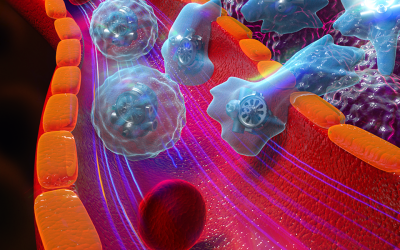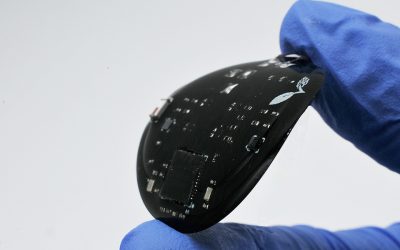Nanomaterials and nanotechnology are key to innovation in industries from pharmaceuticals to consumer electronics, a point made clear by the White House’s Materials Genome Initiative. To help meet the growing demand for workers who can keep pace with these emerging technologies, North Carolina State University is launching a master’s degree program in nanoengineering.
“There has long been a tremendous focus on nanoscience, but for that science to benefit society, we need nanoengineering,” says Dr. Justin Schwartz, Kobe Steel Distinguished Professor and head of NC State’s Materials Science and Engineering Department, which will house the new degree program. “The program will give people the interdisciplinary skills they need to facilitate the transition of laboratory concepts to real-world products. These skills will be critical to achieving the Materials Genome Initiative’s goal of decreasing the time and cost of bringing new products to market.”
The degree program begins this fall and will hold classes on campus, but will also be the first master’s degree program in nanoengineering that is offered via online distance education – making the program available to students who are already in the workforce. The program will also offer concentrations in biomedical science in nanoengineering, materials science in nanoengineering, and nanoelectronics and nanophotonics.
“To stay competitive, businesses in fields from medical devices to energy need employees with the skills to develop and manufacture new devices,” says Dr. Lew Reynolds, an associate professor of materials science and engineering at NC State and director of the new degree program. “This program will provide industry with a highly trained, educated workforce. By the same token, our graduates will be able to thrive in a competitive, global marketplace.”
“This is one of only a few comprehensive, engineering-specific master’s degrees focused on nanotechnology and nanomaterials,” says Dr. Jay Narayan, the John C. Fan Distinguished Chair Professor of Materials Science and Engineering at NC State and senior advisor to the degree program. “We are giving our students a firm understanding of how to use scientific research to develop new technologies, and how to shepherd those technologies through the manufacturing process to create nanosystems and nanodevices.”
Source: North Carolina State University
















